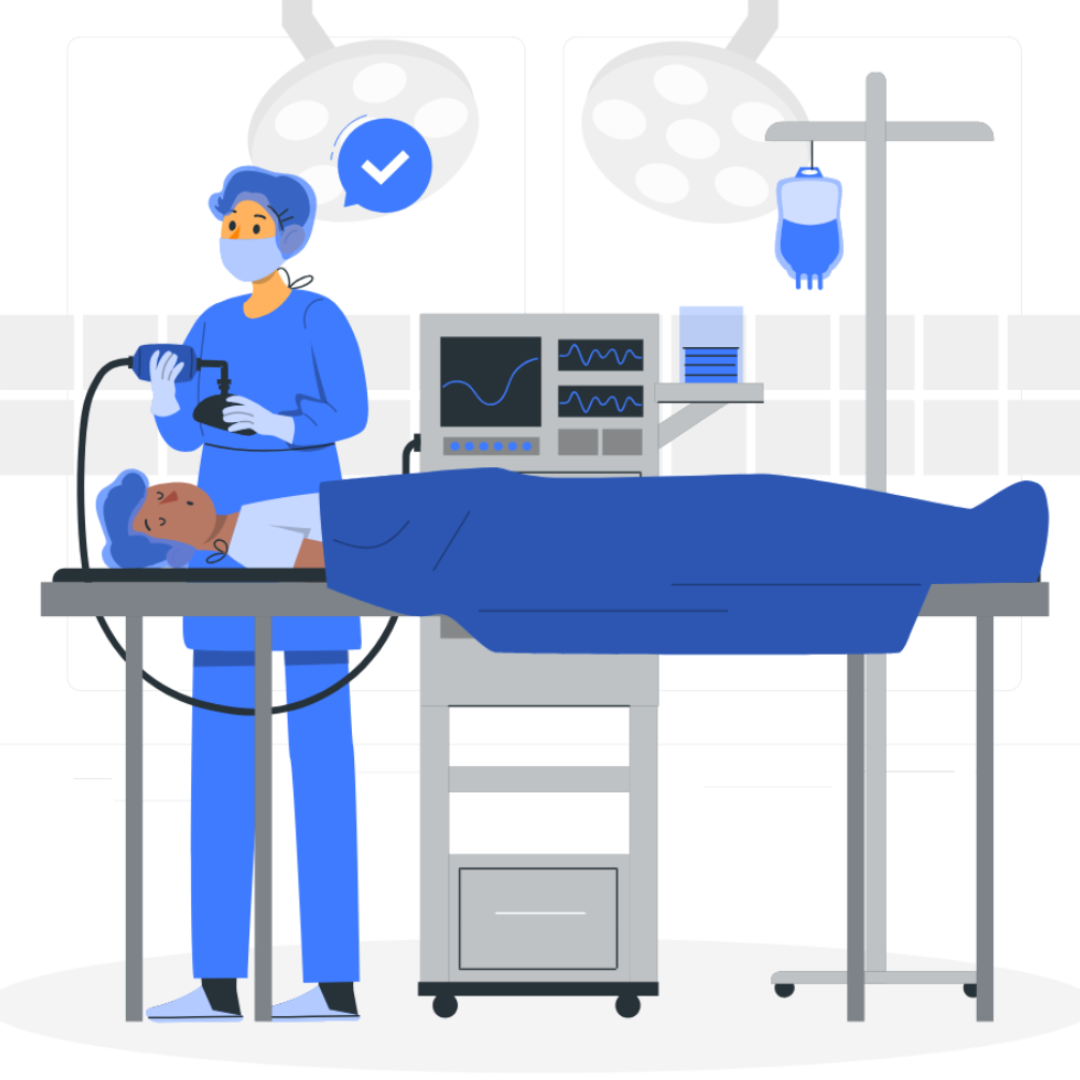Managing Your Pain
Patient Information Blogs Managing Your Pain (A Growing Specialty with Comprehensive Solutions) Courtesy of: Dr. Sarah Haider Malik; Anaesthesiologist, Medicsi 15/06/2024 Managing Your Pain (A Growing Specialty with Comprehensive Solutions) Courtesy of: Dr. Shaukat; Anaesthesia Registrar, Medicsi 15/06/2024 In recent years, the field of pain management has emerged as a critical specialty in healthcare, offering hope and relief to millions suffering from acute, chronic, and cancer-related pain. With its multifaceted approach and a wide array of treatment options, pain management is poised to become a cornerstone of modern healthcare. Understanding Acute Pain Acute pain is often the body’s way of signalling injury or illness. While it typically resolves with time or appropriate treatment, uncontrolled acute pain can lead to unnecessary suffering and complications. In the field of pain medicine, the focus is on providing immediate relief through interventions such as medication, physical therapy, and minimally invasive procedures known as ‘Nerve Blocks’. By addressing acute pain promptly, patients can recover faster and regain their quality of life. Navigating Chronic Pain Chronic pain, on the other hand, persists beyond the expected healing time and can significantly impact daily functioning and mental well-being. Unlike acute pain, chronic pain often requires a long-term management strategy that addresses both the physical and psychological aspects of the condition. Pain management specialists employ a holistic approach, combining medications, physical therapy, behavioural therapy, and interventional procedures to alleviate suffering and improve function in patients with chronic pain. Compassionate Care for Cancer Pain Cancer-related pain presents unique challenges due to the complex nature of the disease and its treatments. Pain Physicians work closely with oncologists and palliative care teams to ensure that patients receive comprehensive support throughout their cancer journey. From pharmacological interventions to nerve blocks and advanced techniques such as Neurolysis, Radiofrequency Ablation, pain physicians offer a range of options to manage cancer pain effectively. When it comes to cancer pain management, each type of cancer presents its own set of challenges. For instance: Breast Cancer: Pain management for breast cancer may involve a combination of medication, physical therapy, and nerve blocks to alleviate pain resulting from surgery, chemotherapy, or radiation therapy. Prostate Cancer: Patients with prostate cancer may experience pain due to the tumour itself or as a side effect of treatments such as hormone therapy. Pain management strategies may include medications, radiation therapy, and minimally invasive procedures. Lung Cancer: Lung cancer can cause pain in the chest, back, or shoulders, as well as nerve pain due to tumour growth. Pain Physicians utilise a variety of Interventional procedures to provide relief and improve quality of life. By tailoring treatment plans to the specific needs of each patient and collaborating closely with oncologists, pain physicians play a crucial role in enhancing the quality of life for individuals living with cancer and terminal illness. The Scope of Pain Management As a specialty, pain management encompasses a diverse range of disciplines, including anesthesiology, neurology, psychiatry, and rehabilitation medicine. This multidisciplinary approach allows for a tailored treatment plan that addresses the unique needs of each patient. Furthermore, advancements in technology and research continue to expand the scope of pain medicine as a specialty offering innovative solutions such as neuromodulation and regenerative therapies. In conclusion, Pain Medicine represents a beacon of hope for individuals grappling with acute, chronic, and cancer-related pain. By embracing a comprehensive approach that combines medical expertise, compassionate care, and cutting-edge treatments, pain physicians are transforming lives and reshaping the landscape of modern healthcare. In recent years, the field of pain management has emerged as a critical specialty in healthcare, offering hope and relief to millions suffering from acute, chronic, and cancer-related pain. With its multifaceted approach and a wide array of treatment options, pain management is poised to become a cornerstone of modern healthcare. Understanding Acute Pain Acute pain is often the body’s way of signalling injury or illness. While it typically resolves with time or appropriate treatment, uncontrolled acute pain can lead to unnecessary suffering and complications. In the field of pain medicine, the focus is on providing immediate relief through interventions such as medication, physical therapy, and minimally invasive procedures known as ‘Nerve Blocks’. By addressing acute pain promptly, patients can recover faster and regain their quality of life. Navigating Chronic Pain Chronic pain, on the other hand, persists beyond the expected healing time and can significantly impact daily functioning and mental well-being. Unlike acute pain, chronic pain often requires a long-term management strategy that addresses both the physical and psychological aspects of the condition. Pain management specialists employ a holistic approach, combining medications, physical therapy, behavioural therapy, and interventional procedures to alleviate suffering and improve function in patients with chronic pain. Compassionate Care for Cancer Pain Cancer-related pain presents unique challenges due to the complex nature of the disease and its treatments. Pain Physicians work closely with oncologists and palliative care teams to ensure that patients receive comprehensive support throughout their cancer journey. From pharmacological interventions to nerve blocks and advanced techniques such as Neurolysis, Radiofrequency Ablation, pain physicians offer a range of options to manage cancer pain effectively. When it comes to cancer pain management, each type of cancer presents its own set of challenges. For instance: Breast Cancer: Pain management for breast cancer may involve a combination of medication, physical therapy, and nerve blocks to alleviate pain resulting from surgery, chemotherapy, or radiation therapy. Prostate Cancer: Patients with prostate cancer may experience pain due to the tumour itself or as a side effect of treatments such as hormone therapy. Pain management strategies may include medications, radiation therapy, and minimally invasive procedures. Lung Cancer: Lung cancer can cause pain in the chest, back, or shoulders, as well as nerve pain due to tumour growth. Pain Physicians utilise a variety of Interventional procedures to provide relief and improve quality of life. By tailoring treatment plans to the specific needs of each patient and collaborating closely with oncologists, pain physicians play a crucial role in enhancing the quality of
Managing Your Pain Read More »







